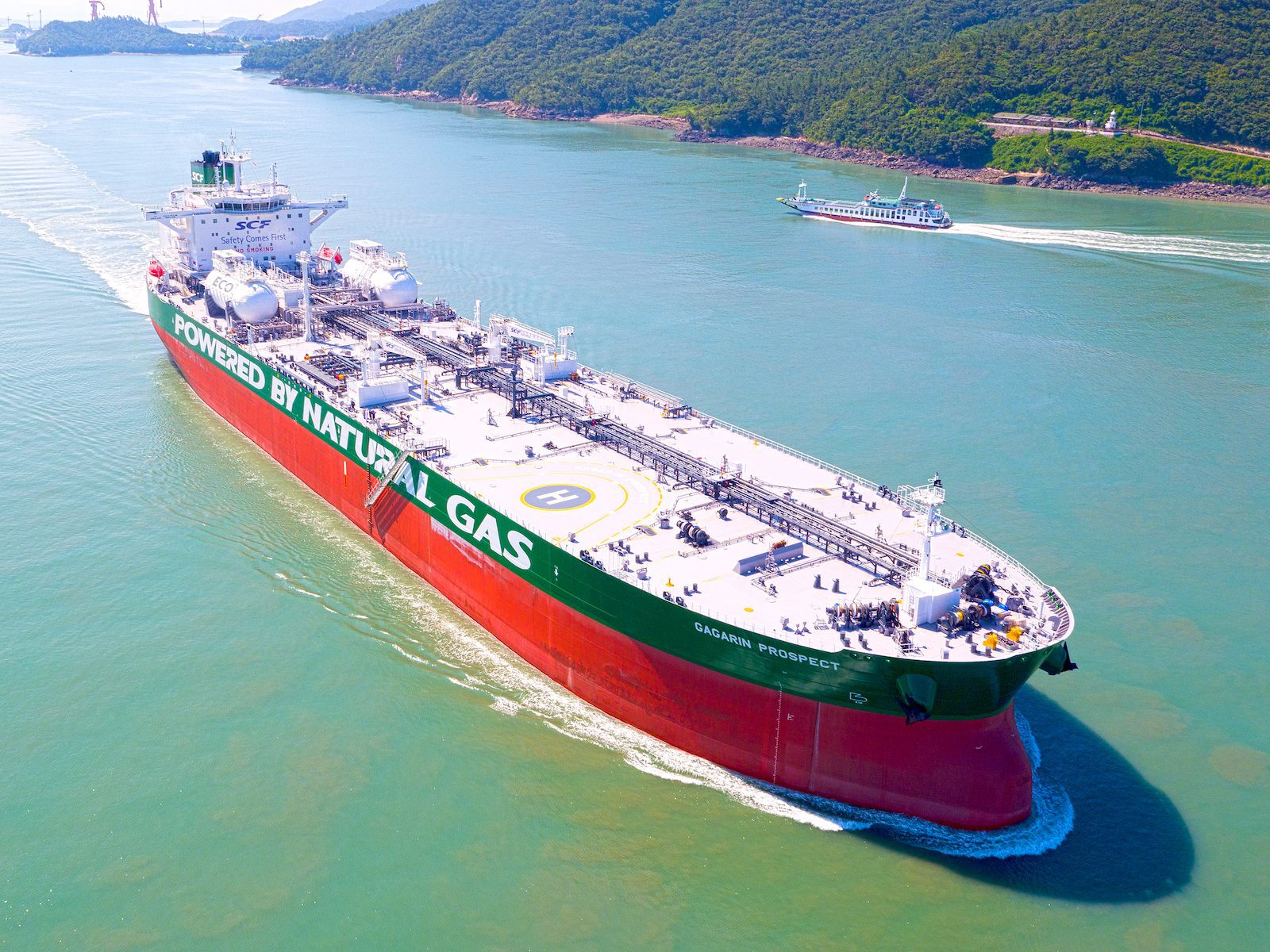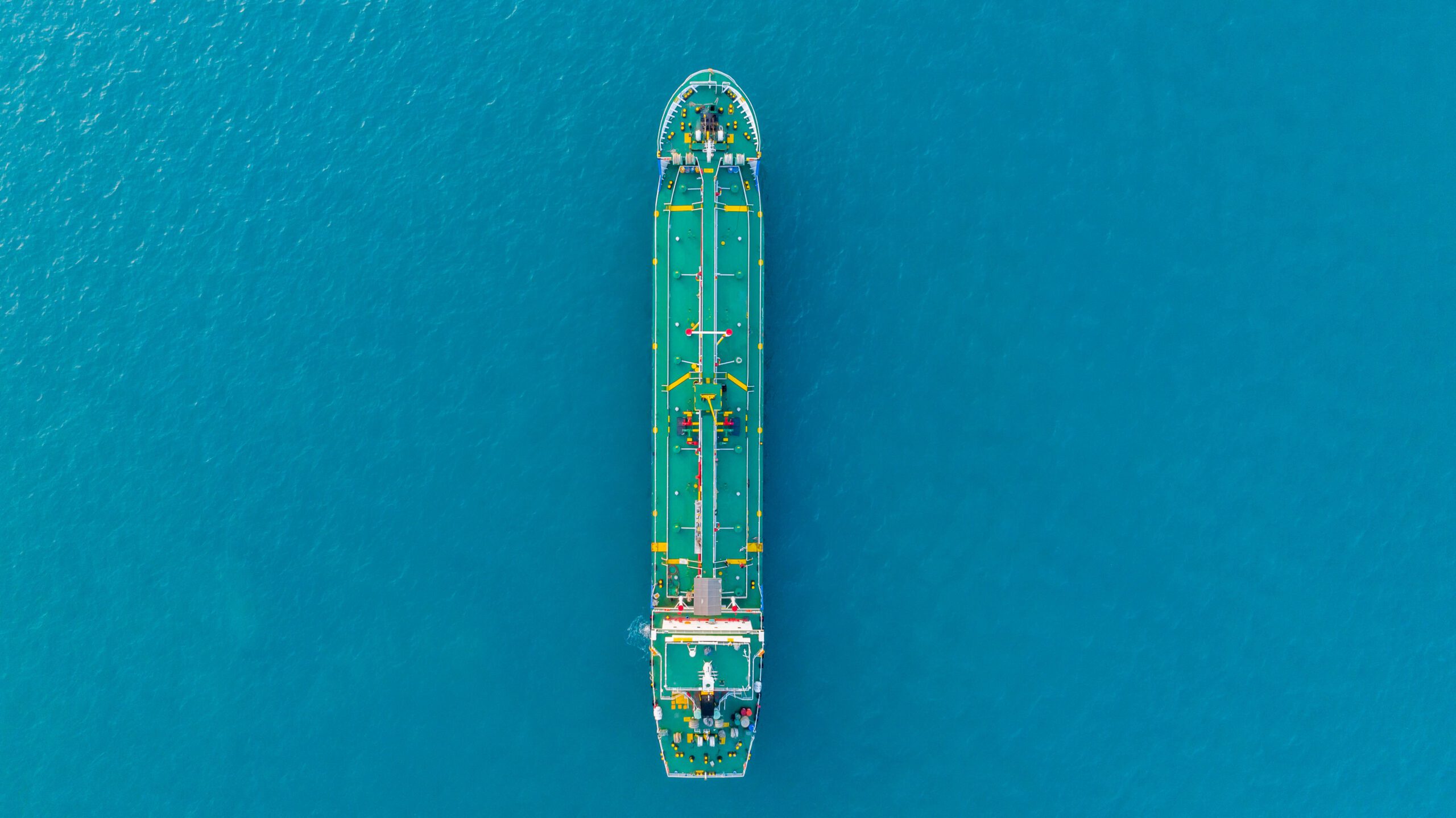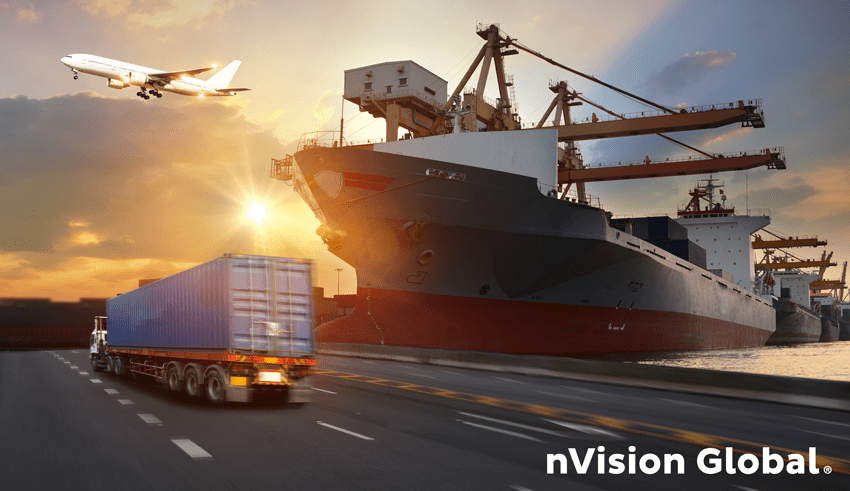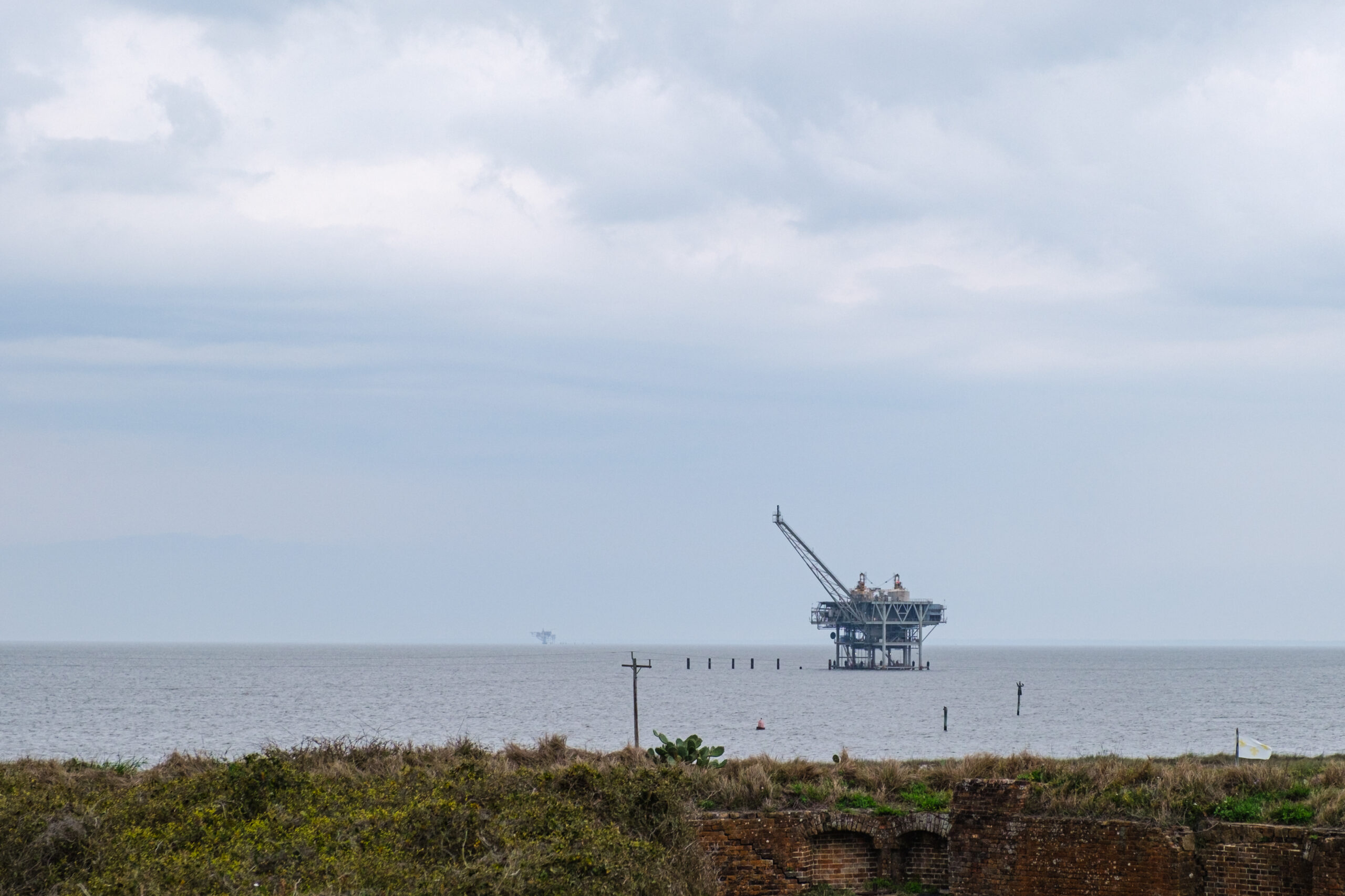By Thomas Klenum, Senior Vice President, Maritime Operations and Dallas Smith, Vice President LNG & Offshore
With the International Maritime Organization (IMO) expected to soon adopt requirements for energy efficiency index for existing vessels (EEXI) and carbon intensity indicator (CII) in addition to the entry into force of the EEDI Phase 3 requirements, it is expected that shipowners have very important decisions to make within the next two years with regards to the technologies to be retrofitted or installed aboard their ships, and the design of future ships to be ordered. The Liberian Registry wants to actively support the shipowners flying the Liberian flag in taking informed decisions, ensure safe operations, and achieve the goals set forth by the industry.
IMO’s Marine Environment Protection Committee meeting (MEPC 75) in November 2020 approved amendments to MARPOL Annex VI with new requirements addressing greenhouse gas (GHG) emissions, expected to enter into force on 1 January 2023 pending adoption at MEPC 76 in June 2021.
While the industry is trying to determine how to best meet these new requirements, the Liberian Registry is positioning itself to provide owners and operators with a capable and experienced team to assist in this process from the regulatory stand point. Liberia has put together a Global Gas Team to work with ship owners and operators on the smooth implementation and compliance with these new regulations in a practical way, across a spectrum of technologies and options.
In addition to having an experienced global team of professionals in this space, The Liberian Registry is the world’s fastest growing flag for over two consecutive years, White Listed on the major Port State Control MOU’s, and currently comprises a fleet of over 4,700 vessels totaling 190 Million Gross Tons. This technologically advanced fleet boasts the most deep-draft dual fueled vessels on the water today. This also allows the Registry to be able to identify the macro and micro trends in real time as they develop.
The trend in the market is that of a shift from HFO to LNG and other alternative fuels. The reason liquefied gases are considered transitional fuels is because they contain carbon, but they will play a large role in achieving the goals set forth by the IMO for reduction of emissions. Of course, LNG’s greatest problem is as just mentioned, that it contains carbon, so it may not be around beyond 2050, but that does not mean it cannot play a crucial part on shipping’s path to zero carbon.
The first currently trending is LNG as a low-carbon transition fuel. LNG is now well on its way to wider acceptance in the shipping industry as a near-term solution fuel for the regulations as set forth from the IMO. The reasons for LNG adoption are simple: there is abundance of supply, it is cost effective, it is proven to be effective and manageable, and it is a readily available fuel solution that achieves the goals set forth by the IMO. We have already had Liberian flagged LNG powered vessesl successfully undergo LNG bunkering in the USA, which was the first foreign-flagged ship-to-ship LNG bunkering evolution ever completed in the United States.
But it is not the only option. Then there is the liquefied hydrogen and ammonia discussions. Using hydrogen to generate electricity is very clean. As a fuel, hydrogen does not release any CO2, and liquefied hydrogen can be used to charge batteries for electrical propulsion via fuel cell technology. An issue with hydrogen is storage space, liquid hydrogen is about four times larger by volume than conventional diesel; so there are those of the opinion that it might not be possible to fit enough fuel onto ships. As a liquid, hydrogen would either have to be refrigerated to minus 253°C or pressurized at around 700bar. Neither of these is exactly attractive propositions. In addition, hydrogen has a huge flammability window (4-75% by volume of air) and hydrogen to air mixtures can ignite with very low energy input, 1/10 that required igniting a gasoline-air mixture. Each of these conditions are carefully being reviewed by Liberian’s Global Gas Team.
Ammonia is comprised of one atom of nitrogen and three of hydrogen. Since it contains no carbon, it will not produce CO when burned and is therefore considered one means of reaching the IMO’s decarbonization targets. Ammonia is twice as energy-rich as liquid hydrogen by weight. By weight, it has less than half the energy density of HFO and by volume just a third. It does present fewer storage issues than hydrogen as it can be stored at ambient temperature under a pressure of around 10bar or without pressure refrigerated to minus 34°C. Ammonia also has other undesirable properties. It is extremely toxic even at relatively low levels so care is needed in containment systems and it could pose problems for crew and salvors in a damaged situation. The toxicity is the major concern to ensure all passengers and crew are protected from exposure.
It should be noted that whilst this article focuses on liquefied natural gas, hydrogen and ammonia the Liberian Registry does not favor one particular fuel over another, but that the Liberian Registry is working in close collaboration with shipowners and other key stakeholders in order to support our industry in complying with the continuous increasingly stricter environmental requirements on our joint pathway to reach zero emission shipping as soon as possible within this century as per IMO’s Greenhouse Gas emission reduction strategy that is aligned with the United Nations’ Paris Agreement, i.e. to limit the global temperature increase in this century to 2 degrees Celsius while pursuing means to limit the increase even further to 1.5 degrees.
The Liberian Registry’s Global Gas Team is working around the clock to ensure owners and operators have a viable solution. Any questions, concerns, or need for further information can be obtained from the Registry directly from www.liscr.com and by email at [email protected] and [email protected]
Sign up for our newsletter

 Join The Club
Join The Club













